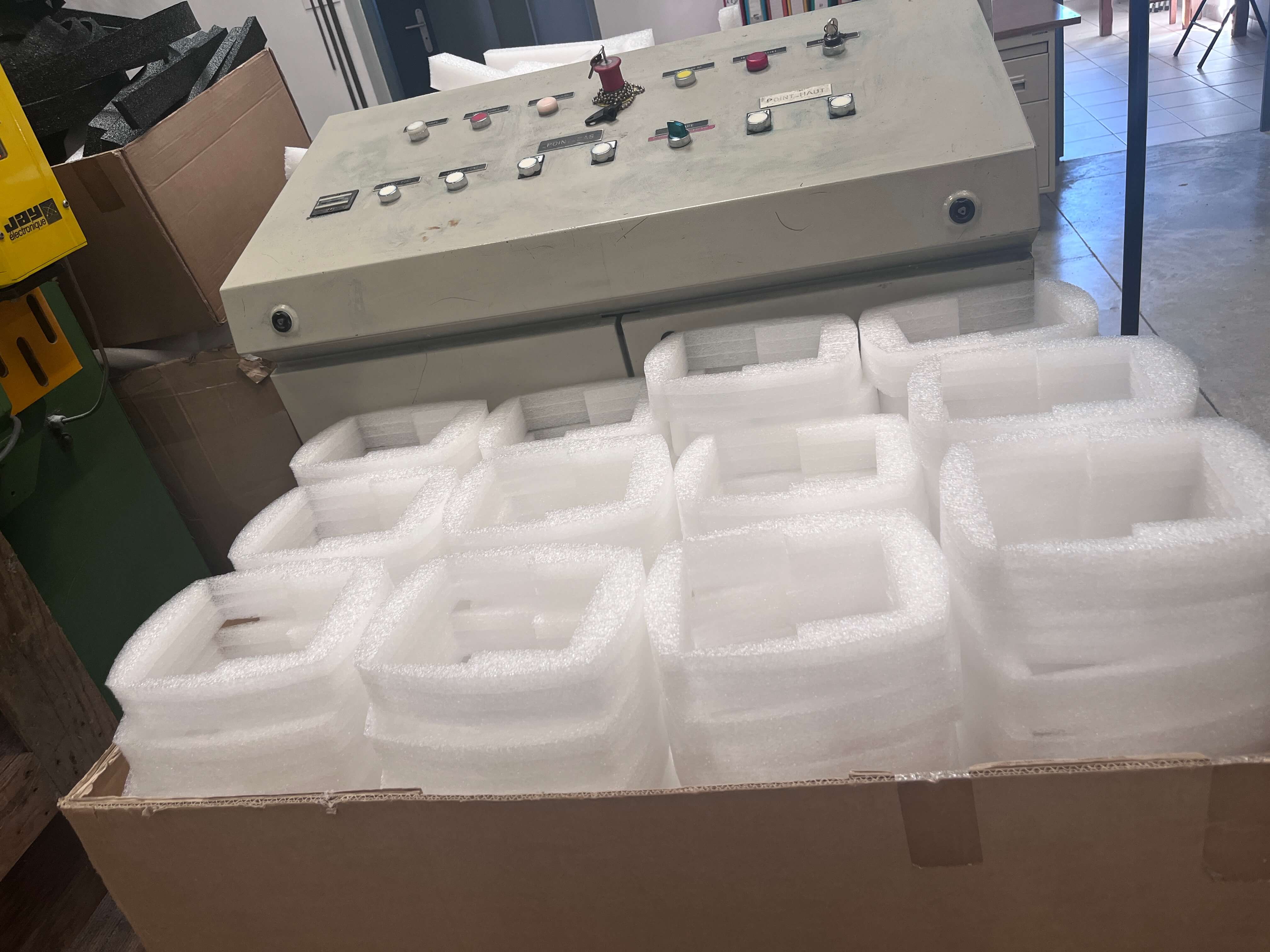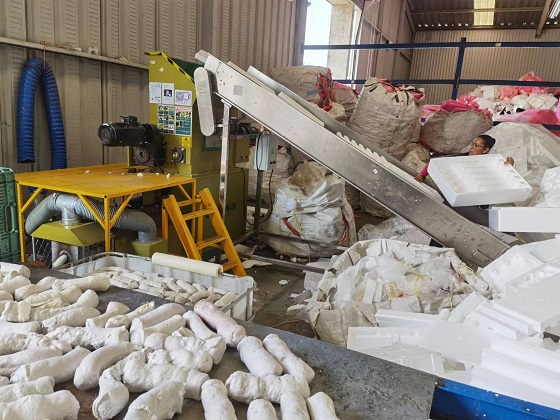Turning Foam Waste into Opportunity: Polyethylene Recycling Solutions for the UK
Polyethylene (PE) foam, especially Expanded Polyethylene (EPE), is a widely used packaging and insulation material in the UK. Its lightweight, cushioning, and thermal insulation properties make it popular in industries ranging from electronics and automotive to medical equipment and construction. However, PE foam's recyclability has long been a challenge due to its low density and difficulty in processing with traditional recycling methods.
With increasing regulatory pressure and sustainability goals on the horizon, businesses across the UK are turning to polyethylene foam recycling machines as an effective and eco-conscious solution.
The Recycling Challenge of Polyethylene Foam
Unlike conventional plastics, EPE and other polyethylene foams are not typically accepted by municipal recycling programs in the UK. Their bulky nature consumes significant storage space, and their light weight makes transportation inefficient and costly. As a result, most PE foam waste ends up in landfills or is incinerated—both environmentally harmful options.
The British Plastics Federation (BPF) has acknowledged this issue in its Recycling Roadmap, which sets a national goal to reach a 70% reuse and recycling rate by 2035. To achieve this, both public and private sectors must embrace innovative recycling methods, including the adoption of advanced machinery purpose-built for foam recycling.
The Role of Polyethylene Foam Recycling Machines
Polyethylene foam recycling machines, such as compactors and densifiers developed by industry leaders like GREENMAX, are engineered to address the specific challenges of PE foam disposal. These machines compress foam waste through mechanical or thermal processes, reducing its volume by up to 90%.
This transformation makes PE foam far more manageable for transportation and storage, enabling businesses to:
Lower disposal costs
Free up warehouse space
Reuse or resell the recycled foam as a raw material
The end product—typically dense foam blocks—can be repurposed into construction materials, plastic pellets, or new packaging products, supporting a closed-loop recycling model.

Benefits for UK Industries
For UK-based manufacturers, distributors, and packaging companies, investing in a polyethylene foam recycling machine brings both environmental and economic advantages.
Environmental Impact:
Keeps non-biodegradable foam out of landfills
Reduces CO₂ emissions related to incineration and waste transport
Supports compliance with the UK’s Extended Producer Responsibility (EPR) schemes
Business Value:
Reduces waste management expenses
Generates potential revenue from selling recycled foam blocks
Enhances corporate sustainability image and ESG reporting
Alignment with the Circular Economy
The UK's Environment Act 2021 and associated waste policies encourage a shift towards a circular economy. Polyethylene foam recycling machines are a practical embodiment of this vision, enabling businesses to treat waste as a resource rather than a burden.
Companies that adopt such technologies are better positioned to meet upcoming regulations, appeal to eco-conscious clients, and contribute to national sustainability goals.

The Future of Foam Recycling in the UK
As awareness of PE foam’s environmental impact grows, the demand for specialized recycling infrastructure and equipment will continue to rise. Innovators like GREENMAX are leading the charge, offering machinery tailored to the needs of foam processors, logistics hubs, and manufacturers handling large volumes of EPE waste.
With government initiatives and industry efforts converging, polyethylene foam recycling is no longer optional—it’s becoming a strategic imperative.

Final Thoughts
For UK businesses dealing with large volumes of PE foam, a polyethylene foam recycling machine is not just an operational upgrade—it’s a sustainable investment. By reducing waste, recovering materials, and cutting costs, these machines play a crucial role in aligning industry practices with environmental responsibility.
